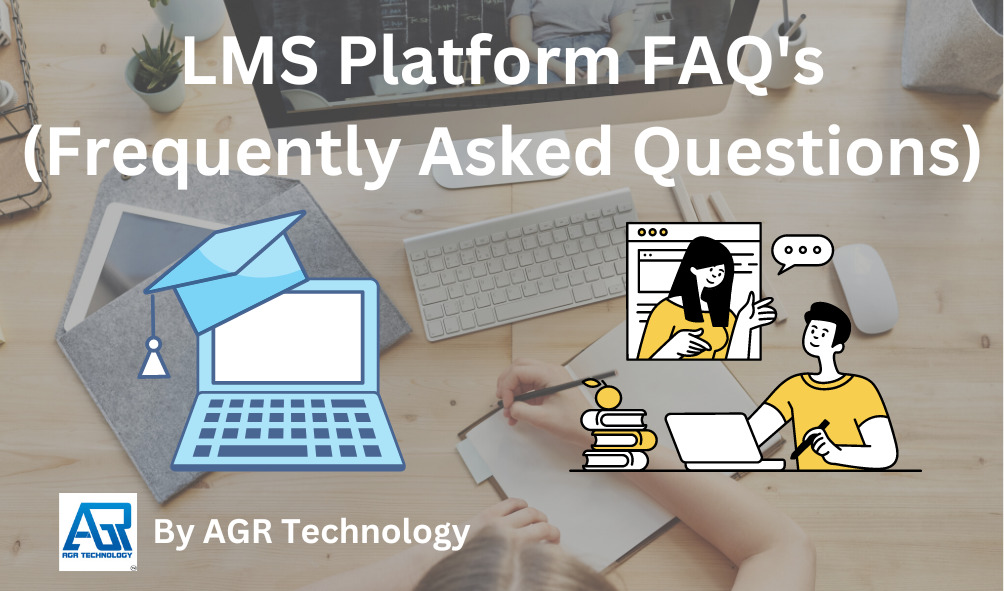Disclosure: This post contains sponsored links whereby we may receive a commission for any purchases made.
Are you looking for a learning management system (LMS) that works for a small business? There are tons of reasons to invest in LMS.
An LMS platform can help small businesses, educators and individuals manage:
- Employee training
- Classroom training
- Blended learning
- Keep track of compliance requirements,
As well as improve overall employee engagement and information retention for different subjects
Quick takeaway:
- Thinkific
- LearnDash
- Absorb LMS
- iSpring Learn
- Podia
- Moodle
- Teachable
- SkyPrep
- EdApp
- 360 Learning
Small businesses have a lot of options when it comes to choosing a learning management system. They need to consider their budget, the number of employees, and the types of courses they need to offer.
FAQ (Frequently Asked Questions) for this topic:

What is an LMS?
An LMS, or Learning Management System, is a software application that helps businesses manage employee learning and development. An LMS can help enterprises save time and money by hosting training content and tracking employee progress while ensuring that employees receive the education they need.
An LMS can also be used to deliver online courses and training modules. By using an LMS, businesses can provide their employees with flexible, self-paced learning opportunities that can be accessed from any location with an internet connection.
Whether you’re looking to develop in-house training programs or offer online courses to your employees, an LMS can be a valuable tool for your business.
How much does an LMS cost?
The price of an LMS depends on several factors, including the size of your organization, the features you need, and whether you're looking for a hosted or on-premises solution. Most LMS platforms charge a subscription fee based on the number of users or offer capped pricing for specific user numbers e.g. 100 users.
For example, an LMS that costs $3 per month for each user would cost a company with 1,000 employees $5,000 per month. Some LMS providers also charge annual maintenance or one-time setup fees.
LMS platforms vary in features, functionality, and price. So, before choosing any learning management system, you should know what you need and how much it will cost.
What are some facts about learning management systems?
- The global market for LMS will increase to 29 billion dollars by the year 2026.
- The Global Learning Management System market is estimated to be worth approximately $325 billion in 2025
- In all, there are around 300 LMS platforms with certified G2 verification
- According to a 2014 report by the Educause Center for Analysis and Research, 99% of higher education institutions have an LMS in place, and the LMS is used by 85% of faculty and 83% of students.
- The LMS market is predicted to increase at a 19.6% CAGR from $9.2 billion in 2018 to $22.4 billion in 2023.
What are the benefits of LMS?
A Learning Management System (LMS) is a software application that helps educators manage and deliver educational content and track employee training.
There are many benefits of using an LMS such as:
- LMS can help you save time and money by delivering training content electronically.
- It also tracks learner progress and ensures that employees complete their training.
- To manage your learning content more effectively.
- It provides learners with a more engaging and interactive learning experience.
- Also, provide the online learning community with access to resources and materials.
- Facilitate communication between employees and instructors
- Assessing employee understanding
Is learning management software secure?
As organizations move more of their learning and development online, the security question is top of mind. Is learning management software secure? Here's what you need to know.
Most learning management systems are built with security in mind. Therefore, they typically use the same security protocols as other enterprise software, such as data encryption, SSL/TLS, user authentication, and other features like 2-step authentication.
That said, no system is 100% secure. There have been instances where hackers have gained access to learning management systems and stolen sensitive data.
To mitigate the risk, it's crucial to choose a reputable vendor and keep your system up-to-date with the latest security patches and updates.
Is Zoom considered an LMS?
No Zoom is a video conferencing software utility and doesn't fall under the category of an LMS even though it can be used to deliver educational training via video calls.
Read the full blog post on our official website here:
https://agrtech.com.au/business/best-learning-management-system-for-small-business/
Preview of the link above:
